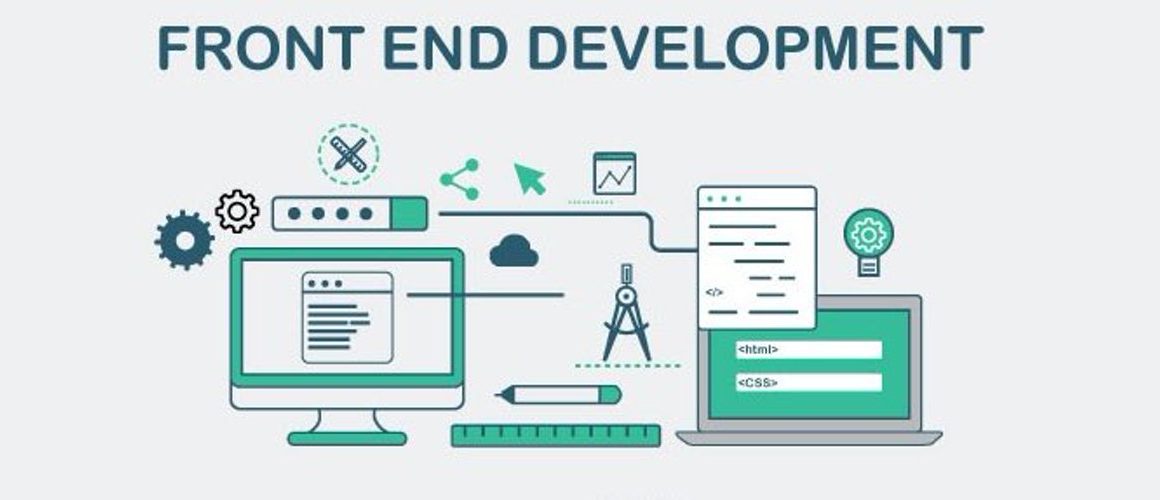It’s a tech company’s job to bring technology, products or services to the market, whether it be an improvement on older technology or by providing something totally new to the table.
Fortunately, there are many cloud services out there today – all of which are available to everyone with a computer and the internet – that can support you. In fact, they can even make your journey to success easier than ever before.
Any startup can benefit from using cloud services (also known as cloud computing). Tech startups, in particular, can use the cloud to make quick decisions, trial new apps and technology without too much commitment, remain nimble and of course, share resources – which tend to speed up the entire growth process. These are all crucial elements to any successful tech company.
How is cloud computing changing business?
The cloud is changing the way that businesses and their customers are operating online, and truthfully, the benefits are endless. We are no longer being held back by things like insufficient storage or a lack of coding knowledge, for example.
The cloud also allows for more flexibility, allowing you to access your software, data and other resources from anywhere in the world, rather than being bound to a physical location.
Cloud services are a cost effective way to stay ahead of the game, improve your customers products and services, and make use of industry leading security and software – all conveniently located at your fingertips. This can be especially beneficial for cash-strapped startups, looking to minimise financial risk.
What are the different types of services offered in the cloud?
Today, there are three main types of cloud services available to companies, as well as individuals. They are SaaS (software as a service), PaaS (platform as a service) and IaaS (infrastructure as a service). Simply put, SaaS is designed for using, PaaS is for building and IaaS is for moving or migrating.
Each one of these services comes with its own potential for success. Therefore, it’s really important to understand each of them well in order to choose the correct service/s to fulfil your unique wants and needs.
SaaS
Of these three service categories, SaaS is the most common. This is because it’s a form of cloud computing that most end-users use, naturally, without even thinking twice. A few examples of commonly used SaaS providers would be Gmail, Dropbox and Google Apps.
SaaS allows the end-users to use the provider’s application over a cloud infrastructure, like Google, or a program interface. The consumer usually has no control over the underlying cloud infrastructure, other than the possibility of a few basic configuration settings.
PaaS
PaaS is a form of cloud service which is made up of a programming language execution environment, an operating system, a web-server and a database. A good example of a PaaS environment would be Google.
When using PaaS, the user does not have to worry about the underlying cloud infrastructure. Instead, they can build, compile and run their software or applications using the PaaS provided. A huge benefit of using PaaS is how easy it is to develop and run applications, without having to install or purchase the software which would usually be required.
Developers, engineers and tech companies in general can benefit immensely from PaaS services, thanks to the data storage, computing power, version management and testing services PaaS provides, all at a low cost.
IaaS
IaaS incorporates SaaS and PaaS, but focuses on providing solutions geared more towards data storage, backup and disaster recovery, virtualisation, scalability and savings costs through cloud optimisation.
For example, IaaS providers tend to allow you the ability to host websites, allow you to store your data, build and deploy applications and save you time. Possibly one of the biggest benefits here for tech companies is the rapid deployment time through IaaS.
An example of IaaS would be Google Compute Engine (GCE), which allows you to launch virtual machines on demand, no matter where you are.
Which benefit does the cloud provide to startup companies without access to large funding?
As mentioned briefly already, making use of cloud services actually saves you money in the long-run. It’s also a lot cheaper to get started than one might think, because you end up saving money in other areas. For example, by avoiding having to buy physical data storage devices which can get stolen or break, or not having to hire as many staff members.
Making use of cloud services also means that you don’t have to spend time, money or energy on developing new applications or infrastructures, because all of that would already be done for you. As a startup, this means you can put that time and energy, instead, into other things that may need your attention – like improving older technology.
More often than not, you’ll just pay a subscription fee to use certain cloud services, which is almost always a lot lower than what you’d pay otherwise. Some services, like Dropbox, are free of charge. These services are also constantly being updated, which means you’ll consistently be up-to-date, without having to pay the price simply for seeking more opportunity for growth.



